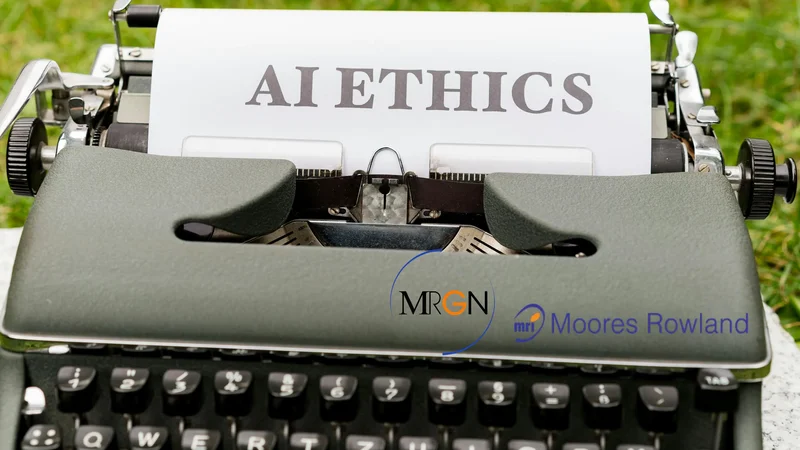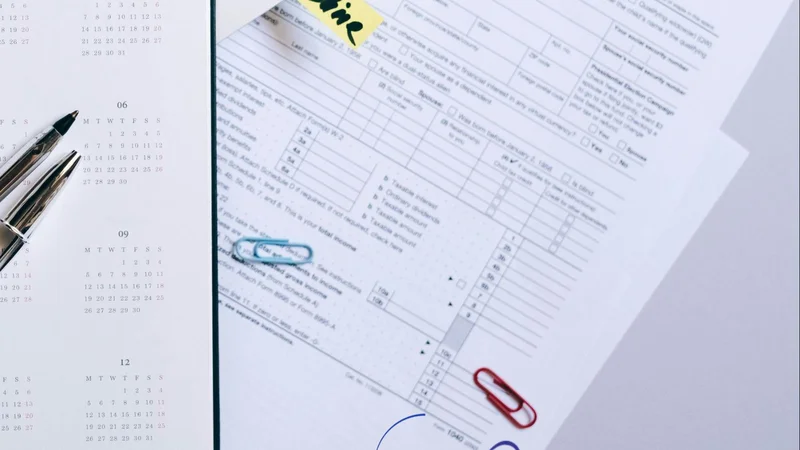How AI Is Transforming Modern Accounting Practices in 2025
Best Accounting Network
•
Feb. 25, 2025

How AI Is Transforming Modern Accounting Practices in 2025
Picture this: it’s 2015, and an accountant is drowning in a sea of spreadsheets, clutching a cup of lukewarm coffee while muttering about missing receipts. Fast forward to 2025, and that same accountant now has an AI-driven assistant flagging anomalies, forecasting cash flow, and even chasing clients for invoices—all while their coffee stays hot. If that’s not progress, I don’t know what is.
Artificial intelligence has gone from being a buzzword whispered in tech circles to an everyday tool transforming accounting. And no, it’s not here to steal jobs but to make them less of a headache. Let’s have a proper natter about how AI has reshaped the accounting world—warts and all.
From Number Crunching to Intelligent Analysis
Remember when bookkeeping meant hours of manual data entry, reconciliations, and triple-checking figures? AI has flipped the script. Machine learning algorithms now process transactions in real-time, spotting errors faster than you can say “double-entry”.
Take predictive analytics, for example. These days, accountants can forecast future financial trends with uncanny accuracy. It’s like having a crystal ball, except it’s powered by data rather than guesswork. Need to know if your client’s cash flow will survive another quarter? AI’s already done the maths while you’re still sipping your first cuppa.
Audits Without the Dread
If there’s one word that used to make accountants wince, it’s “audit”. But AI has taken the sting out of it. Continuous auditing—a fancy term for real-time checks—means that errors and fraud risks get flagged as they happen, not six months down the line when it’s too late to fix.
Imagine AI as a nosy colleague who never sleeps, constantly scanning transactions and shouting, "Oi, that doesn’t look right!" It’s not glamorous, but it’s saved firms from hefty fines and sleepless nights.
Tax Planning Without the Panic
Tax season used to be a sprint—one that often ended with frazzled nerves and a few choice words. Now, AI-driven platforms automatically track legislative changes and adjust calculations accordingly. It’s like having a tax guru on speed dial, minus the hourly fees.
In the UK, HMRC’s Making Tax Digital initiative has pushed firms to embrace AI for filing. Accountants no longer scramble through paper trails; AI systems compile returns, check for errors, and even suggest deductions you might’ve missed. It’s not just efficient—it’s saved some clients a tidy sum.
Goodbye Admin, Hello Strategy
Let’s face it: no one gets into accounting for the love of data entry. AI has cleared the decks, automating everything from payroll to expense management. The result? Accountants have more time to focus on what really matters—giving clients solid advice.
Think about it like this: if accounting was once about balancing books, it's now about steering the ship. Whether it's advising on investments, spotting cash flow gaps, or planning for growth, AI gives accountants the tools to become trusted advisors rather than glorified calculators.
The Human Touch Remains (Thankfully)

Now, if you’re thinking, "Hang on—does this mean accountants are obsolete?" Not a chance. AI can crunch numbers, but it can't navigate the quirks of human decision-making. Try asking an algorithm how to manage a nervous client worried about their tax bill—you’ll get silence.
Instead, AI frees up accountants to do what they do best—offering judgment, insight, and a calming presence when the numbers look bleak. As one accountant put it, “AI does the grunt work, but I’m still the one holding the client’s hand when things get hairy.”
Challenges: It’s Not All Sunshine and Spreadsheets
Of course, it’s not all smooth sailing. AI systems are only as good as the data they’re fed. Garbage in, garbage out, as the saying goes. And then there’s the question of data privacy—clients aren’t exactly thrilled about their sensitive info being processed by a machine, no matter how smart it is.
There’s also the small matter of keeping up. AI tools evolve faster than tax codes, meaning accountants need to stay sharp. It’s not enough to know debits from credits anymore—you’ve got to speak the language of algorithms and analytics, too.
Looking Ahead: The Future’s Bright (and Automated)
So, where do we go from here? AI’s role in accounting is only set to grow. Expect even smarter forecasting, voice-activated reporting, and platforms that predict financial health like a Fitbit tracks your steps.

But one thing’s for sure—AI isn’t replacing accountants. It’s making them sharper, faster, and, dare I say, happier. After all, when the robots handle the dull bits, accountants get to focus on what truly matters—guiding businesses, solving problems, and maybe, just maybe, enjoying their coffee while it’s still hot.
So, next time someone bangs on about AI taking jobs, remind them: it’s not stealing work—it’s giving accountants their sanity back. And that, my friend, is worth more than any balance sheet can show.
Related

AI Prompt Writing: The Basics for Professional Accountants
From automating routine tasks to supporting advanced analysis and advisory services, AI tools are becoming an everyday reality for professional accountants—especially those working in small- and ...
Read more
The Future of Accounting and Tax: How AI, Automation, and Regulation Are Reshaping the Profession (2025–2026)
Introduction The accounting and tax profession is undergoing one of the most significant transformations in its history. Artificial intelligence, automation, evolving regulatory frameworks, an...
Read more